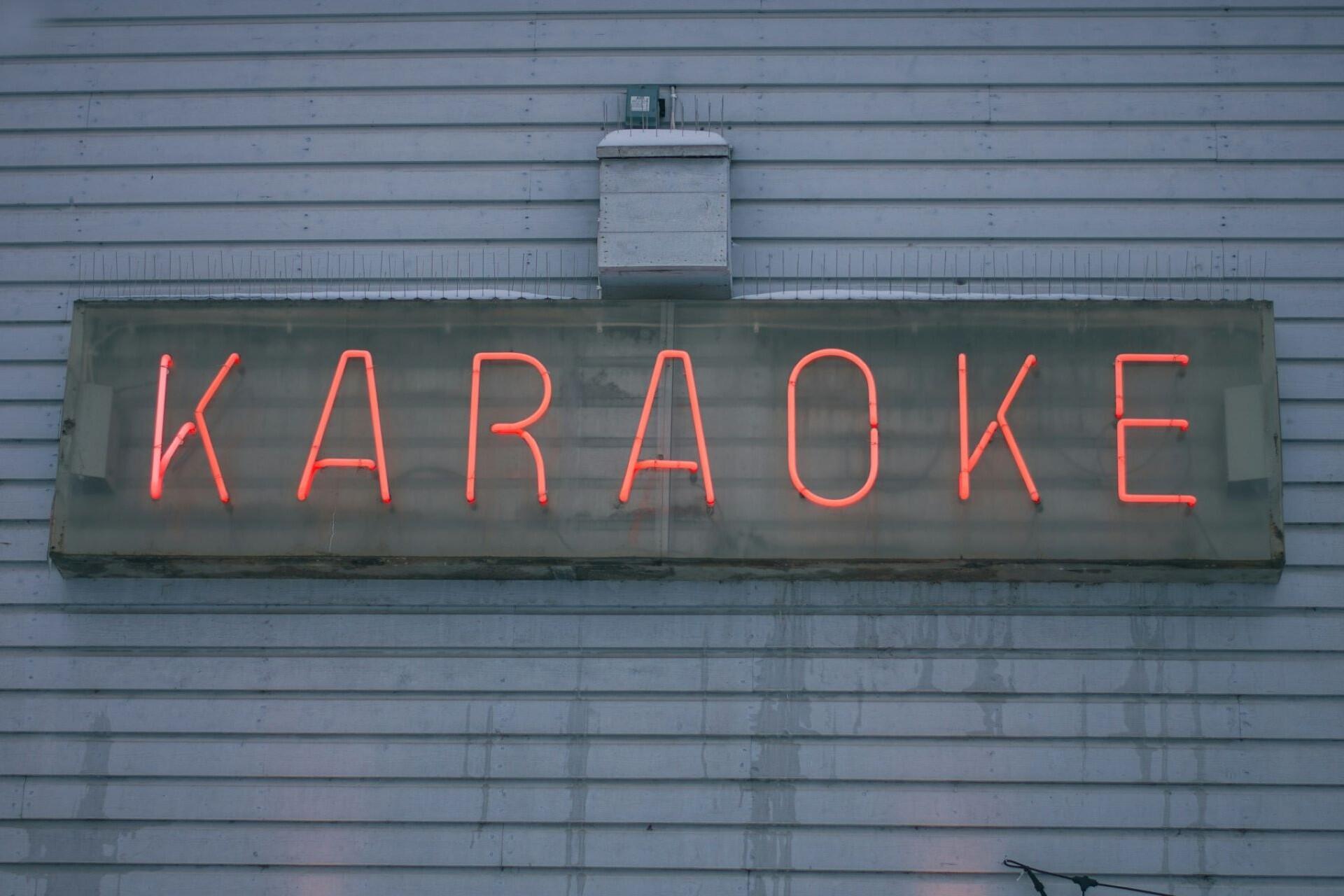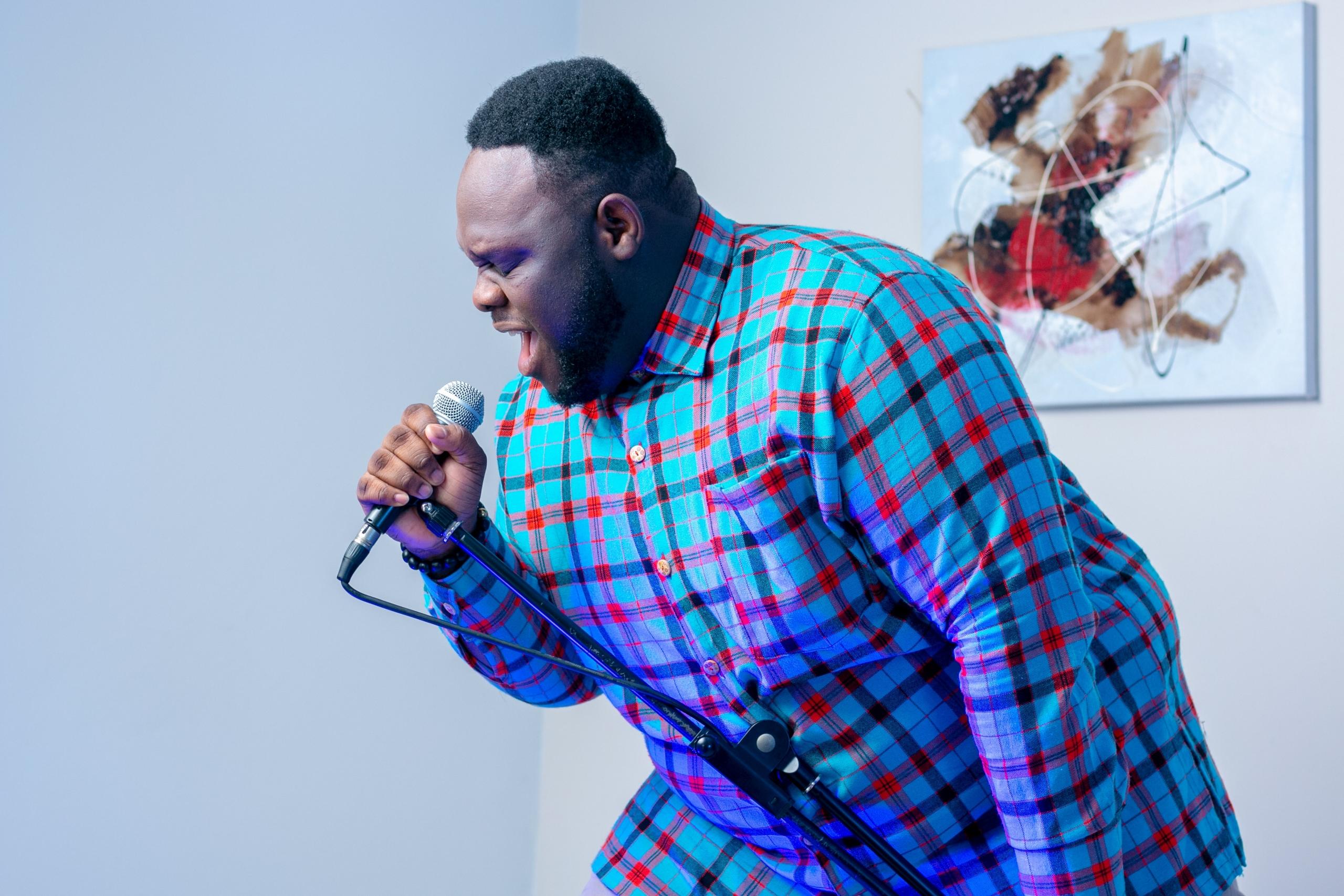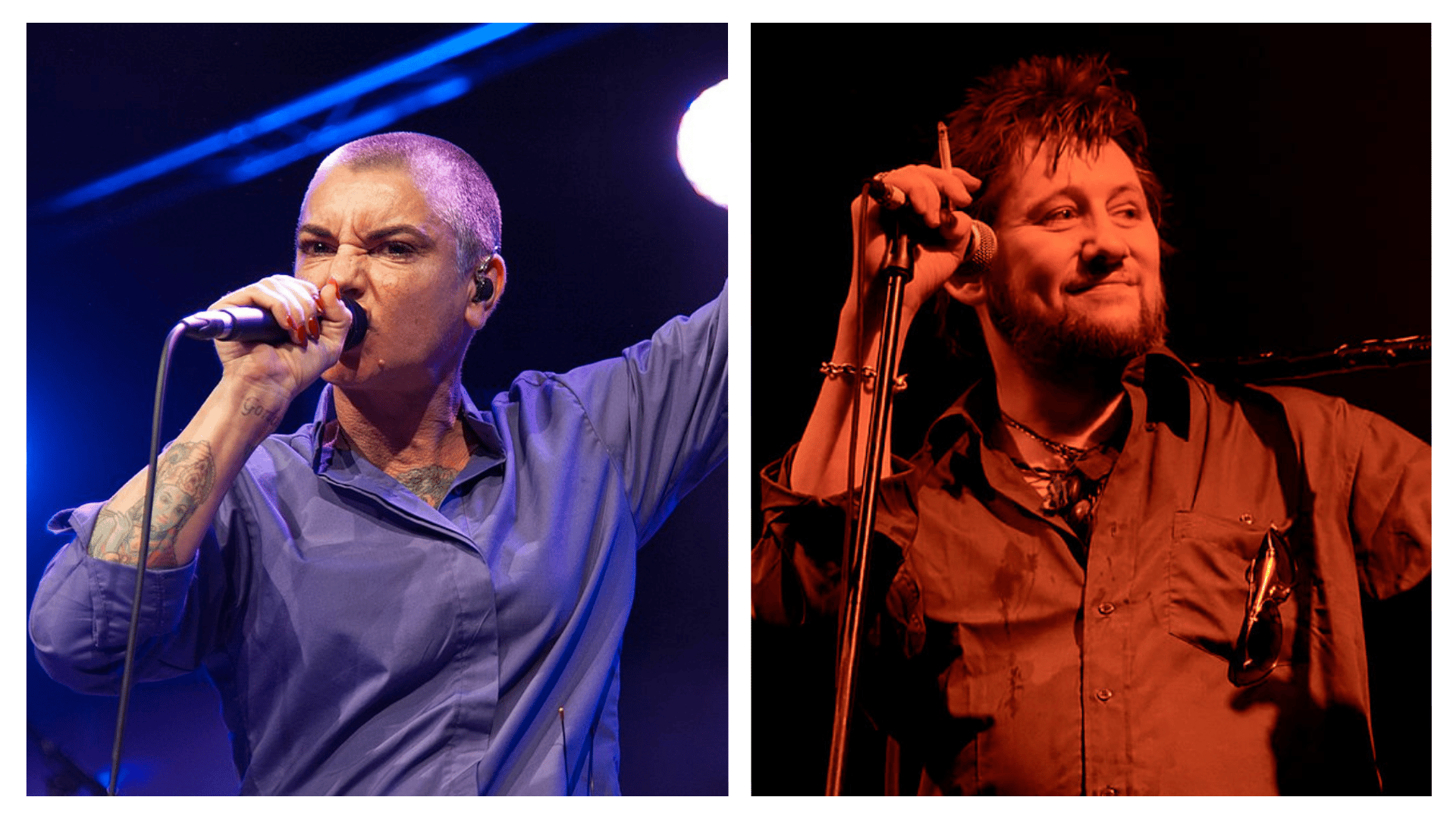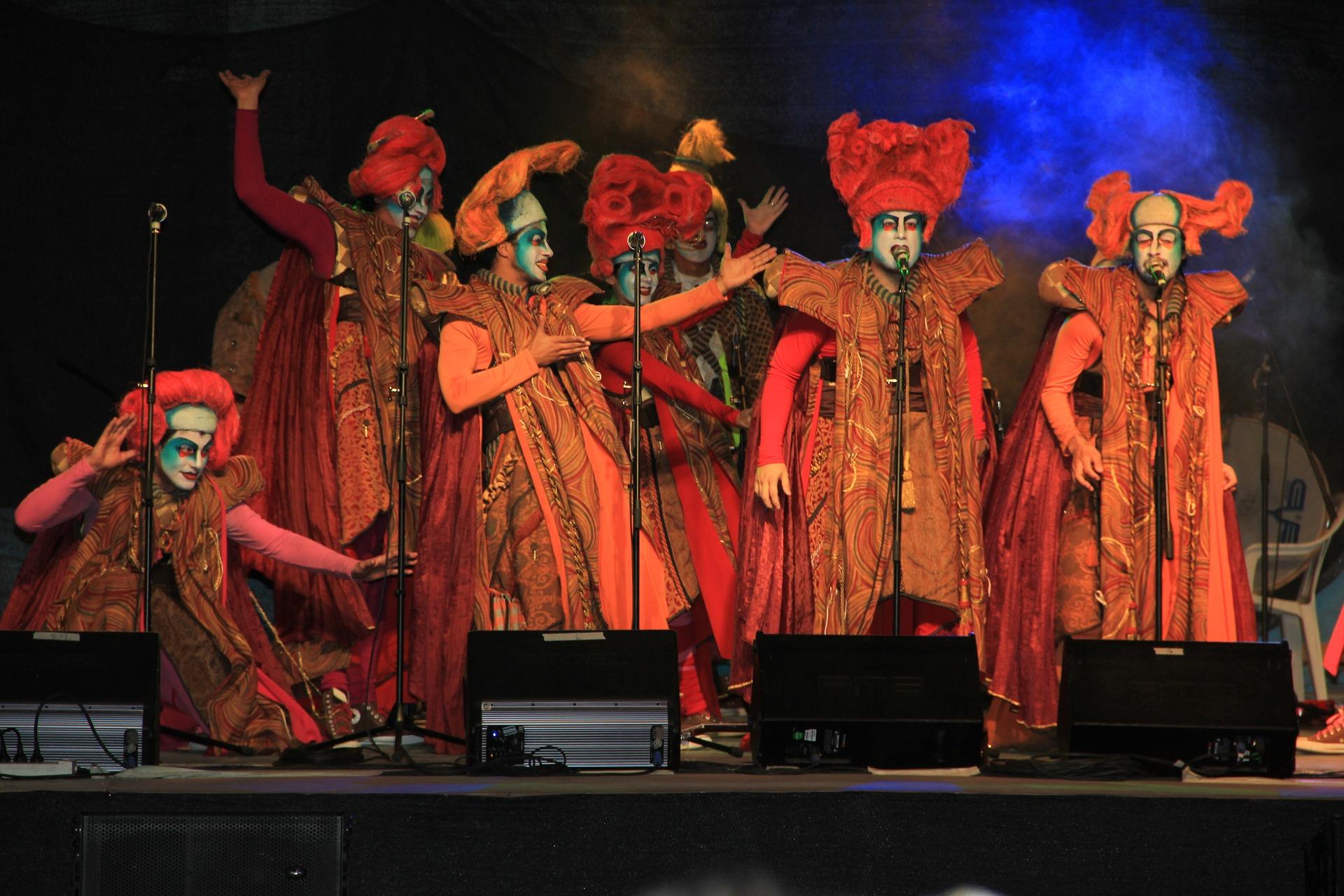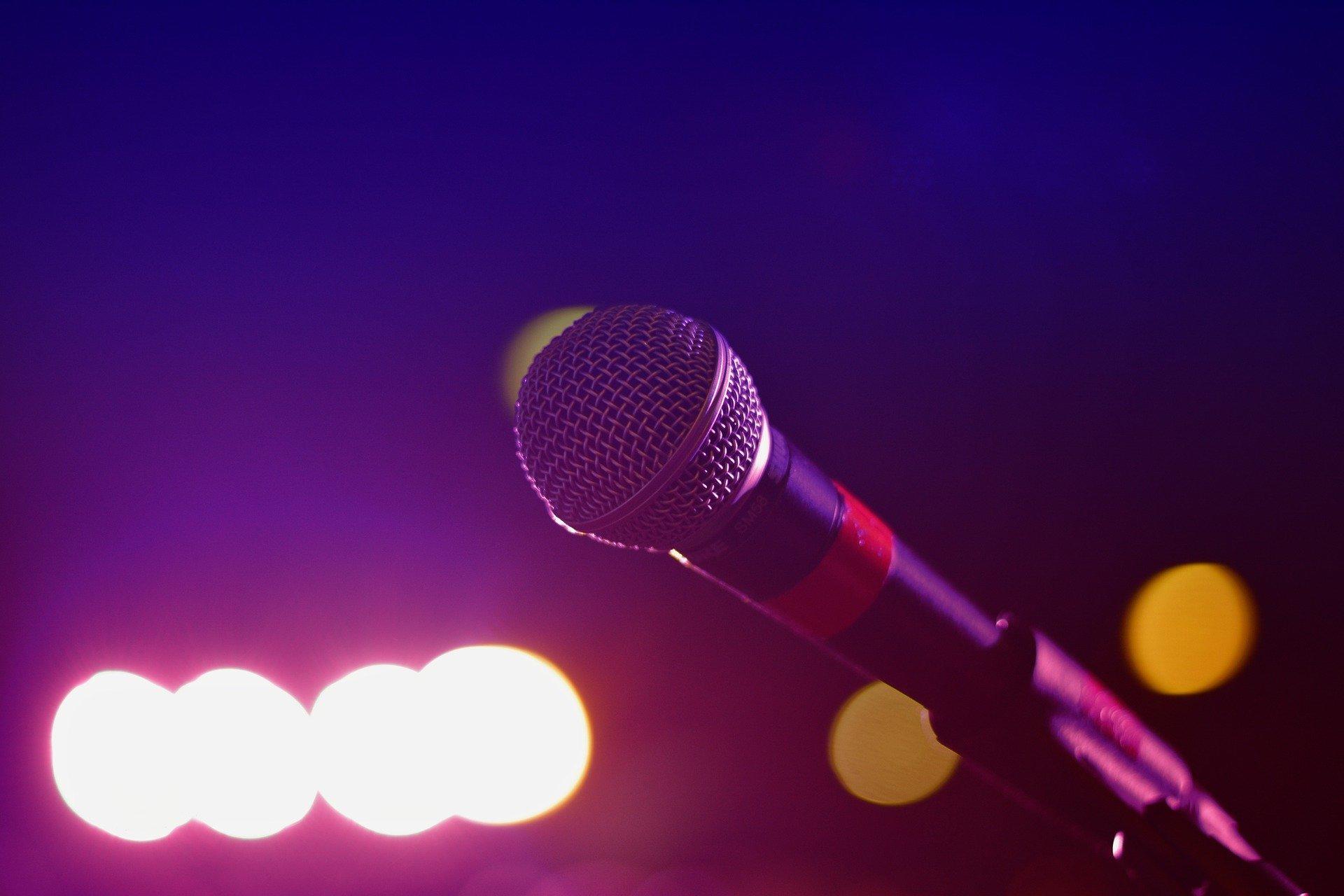For fans, Eurovision is not just a massive event on their cultural calendar. It's a shared experience that unites people across Europe. The whole event splits opinion, with those who love it passionate about it and those who don't seem unable to care any less about it. But regardless of the divide, Eurovision creates a sense of community and connection that is hard to replicate.
Love it or hate it, Eurovision is not just a big event. It's an exciting one. The anticipation leading up to the Grand Final, the thrill of seeing your favourite country perform, and the suspense of the voting process all contribute to its unique excitement.
So what exactly is it? What makes people like it so much? And how has Ireland been so successful during the contest's history?

What Exactly Is the Eurovision Song Contest?
The Eurovision Song Contest is an annual televised event in which countries within the European Broadcasting Union compete to be crowned winners.
The contest's format has evolved since its first edition, reflecting the ever-changing landscape of European music and culture. From traditional ballads to pop anthems, from solo acts to large groups, Eurovision offers a diverse and varied showcase of European music. This variety is one of the reasons why Eurovision continues to captivate audiences year after year.
The event that most people watch is the final, which takes place on a Saturday evening, with each of the competing finalists performing their song.
A Brief History of the Eurovision Song Contest
According to Eurovision, the contest started as a technical experiment.
Broadcasters were attempting a live, simultaneous, transnational broadcast, and the contest was perhaps just a vehicle to carry out such experiments that garnered enough international interest to make it worthwhile.
The European Broadcasting Union (EBU), a consortium of European public broadcasters, commissioned the contest. This is essentially an alliance of public broadcasters like RTÉ in Ireland, the BBC in the United Kingdom, and other public television and radio broadcasters in Europe (and some further afield).
Its first edition, in 1956, featured seven countries and 14 entries. The show took place at the Teatro Kursall in Lugano, Switzerland.
The original participating countries were Belgium, France, Germany, Italy, Luxembourg, Netherlands, and Switzerland.
The first contest was won by Switzerland's entry "Refrain", performed by Lys Assia.
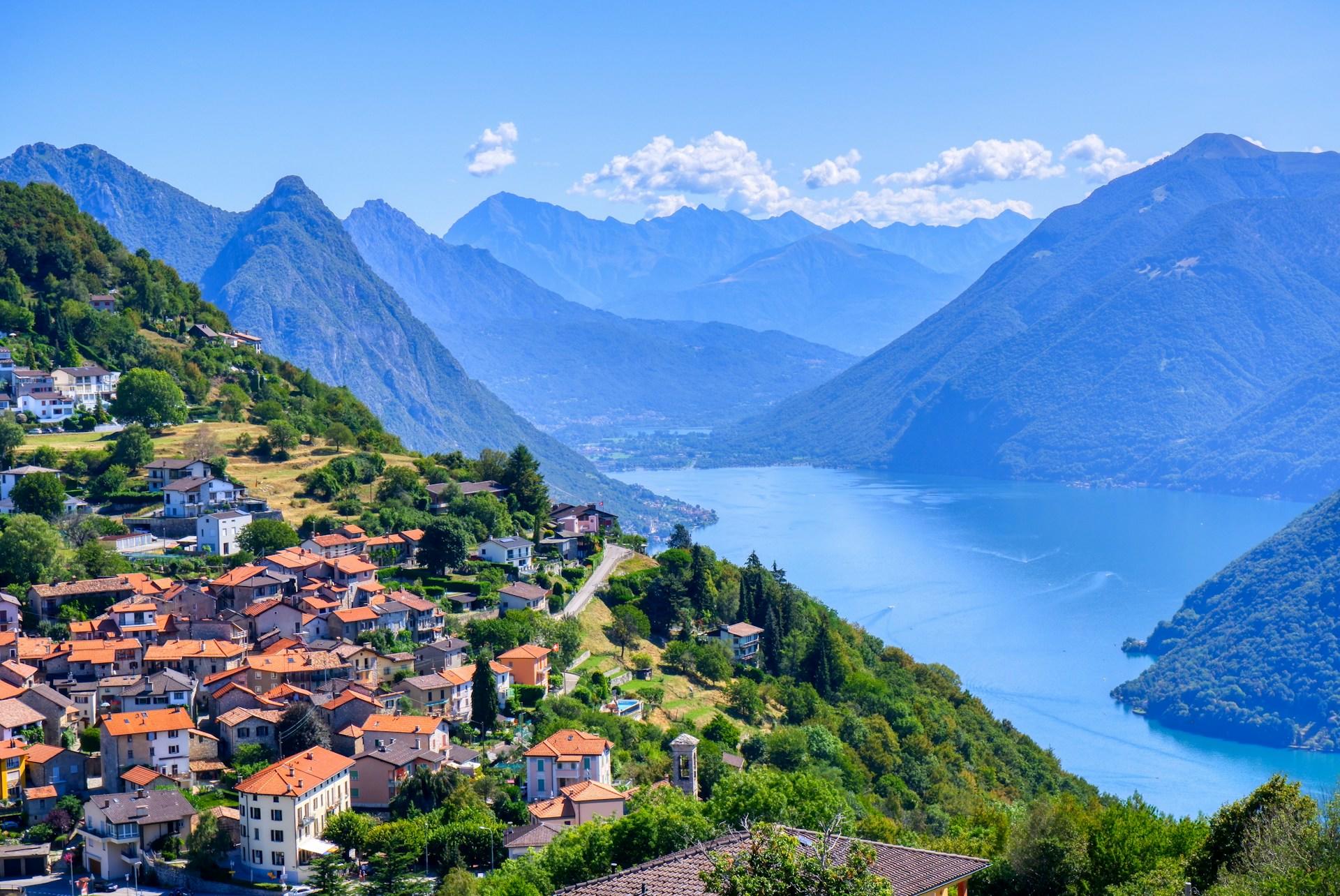
The second edition featured ten countries, was held in Frankfurt, Germany, and won by the Netherlands.
The contest continued to expand over time, peaking at around 25 finalists. Eventually, the Eurovision Song Contest became so big that a system of semifinals was created to narrow the number of entrants down to around 26 finalists (depending on the year). This change was implemented to ensure a fair and manageable competition.
The contest has been held every year since its inception, except for 2020, when it was cancelled due to the COVID-19 pandemic.
From an experiment amongst European public broadcasters to the world's biggest song competition to be held annually, today's Eurovision Song Contest is unrecognisable when compared to the first edition held in Switzerland.
Controversy and Politics at Eurovision
Eurovision also regularly attempts to be apolitical, but given the number of countries involved, it's almost impossible to exist without directly or indirectly being involved in political controversy.
Russia, for example, was banned from competing in 2022 following the invasion of Ukraine. Though Ukraine won that year, they could not host the competition the following year due to the ongoing conflict.
Other controversies have involved Armenia and Azerbaijan, which, through their ongoing conflict, have made their entries problematic for the organisers.
One of Spain's earliest entrants withdrew because he couldn't sing in Catalan. During the Francoist regime, local languages were suppressed, and a Spanish-language version of the song was performed by a different artist.
Israel has competed in Eurovision since 1973, and its inclusion in 2024's event has led some groups to call for a boycott altogether.
Languages at the Eurovision Song Contest
While the Eurovision Song Contest celebrates the various competing countries, their cultures, and their languages, the latter has proven problematic for the competition organisers throughout the event's history.
In 1966, following Sweden's entry that was sung in English, a rule was imposed that entrants had to sing in their country's official languages. This rule was seen as a way to promote linguistic diversity and cultural representation in the contest.
However, when this rule was dropped between 1973 and 1974, it allowed entrants like ABBA, who famously won for Sweden in 1974 with "Waterloo."
In 1977, the language rules came back. This was generally done to avoid the dominance the English language could have on the competition, so only three countries were allowed to sing in English: UK, Ireland, and Malta. Ireland has only sent one entry that sang in Irish and all the Irish Eurovision winners sang in English.
The language rules were once again removed in 1999. Nowadays, it's standard to use English alongside local languages.
What Are the Current Rules of the Eurovision Song Contest?
The current rules for the songs at the Eurovision Song Contest are:
- Songs must be original (as in not a cover)
- Songs must be under 3 minutes long
- Lead vocals must be live (a backing track can be used for the rest of the music)
- At most 6 performers can take to the stage during a performance.
Other than these "technical" rules for performers, there's a lot of freedom in terms of musical genre. Performances are also visually stunning, especially the lighting and staging since so few performers are allowed on the stage during a performance.

Points and Voting in the Eurovision Song Contest
Every country performing at the Eurovision Song Contest will be given points by a popular vote and a jury.
Countries participating and the countries that failed to qualify for the event are allowed to vote on the participants.
The points are always allocated to the top 10 choices from each country as follows: 12, 10, 8, 7, 6, 5, 4, 3, 2, and 1. Countries cannot vote for themselves.
The popular vote is conducted over the phone, app, and SMS, with viewers able to vote for any participant other than the participant from their country. Once these votes are counted, each country allocates the points as mentioned before.
Then there's the jury vote. A jury of 5 music industry professionals from each country does the same as the popular vote, allocating the points mentioned above from 12 to 1 to their favourite acts.
At the end of the evening, the votes are tallied, and the points are given to the countries. The country with the most points across popular and jury votes is crowned the winner.

Where Does Eurovision Take Place?
Now, Eurovision is held in the country of last year's winner. This tradition adds excitement and anticipation to the contest, as the winning country gets to showcase its culture and music to the world the following year.
Since Sweden won last year, the 2024 Grand Final of Eurovision will take place in Malmö on May 11th, 2024.
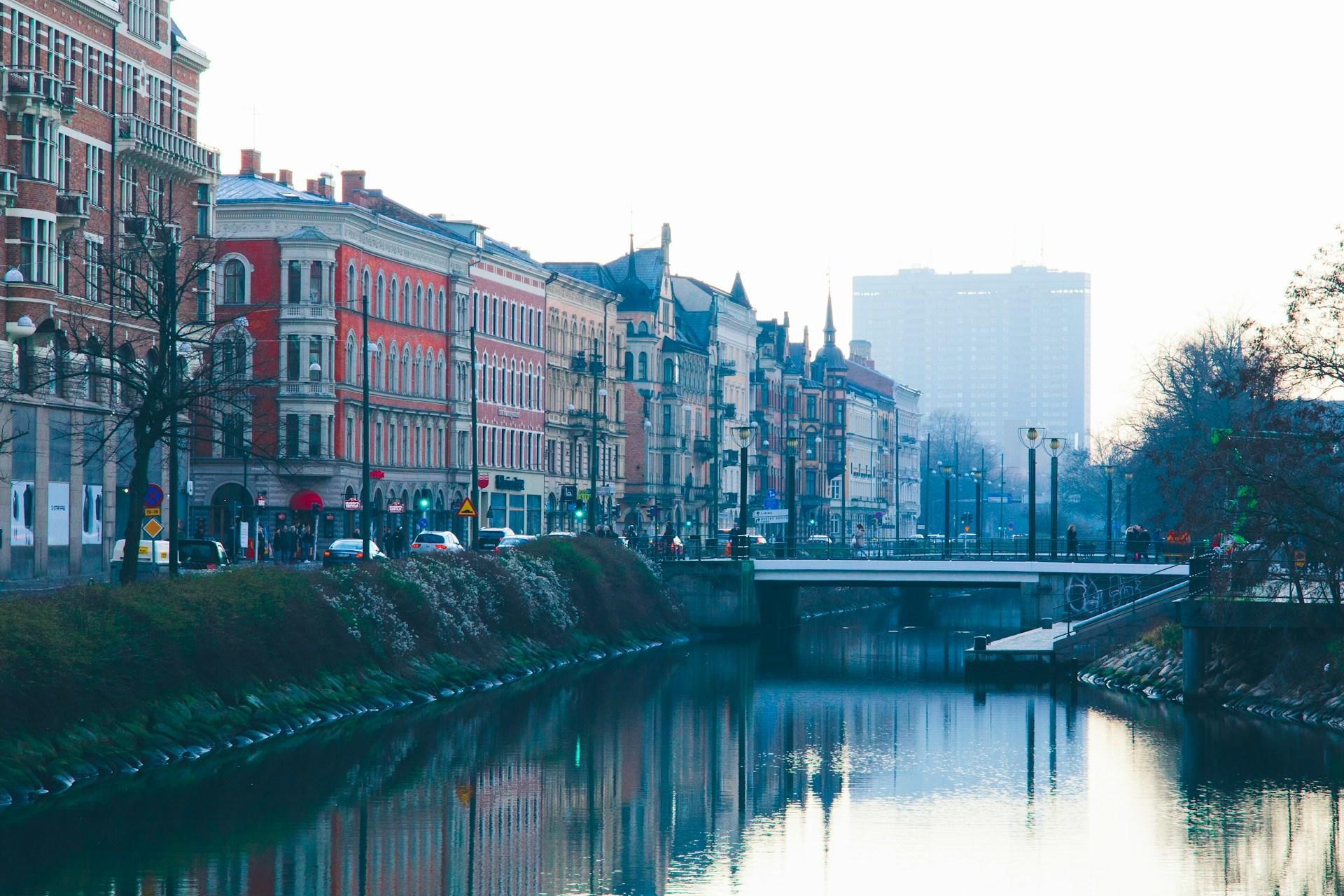
The semifinals occur during the week of the event, but for many people, Eurovision refers to the Grand Final.
Which Country Has Won Eurovision the Most?
The most successful countries at Eurovision are Ireland and Sweden. Both countries have won the competition seven times.
Countries with One Win at the Eurovision Song Contest
- Monaco (1971)
- Belgium (1986)
- Yugoslavia (1989)
- Estonia (2001)
- Latvia (2002)
- Turkey (2003)
- Greece (2005)
- Finland (2006)
- Serbia (2007)
- Russia (2008)
- Azerbaijan (2011)
- Portugal (2017)
Countries with Two Wins at the Eurovision Song Contest
- Spain (1968, 1969)
- Switzerland (1956, 1988)
- Germany (1982, 2010)
- Austria (1966, 2014)
Countries with Three Wins at the Eurovision Song Contest
- Norway (1985, 1995, 2009)
- Denmark (1963, 2000, 2013)
- Italy (1964, 1990, 2021)
- Ukraine (2004, 2016, 2022)
Countries with Four Wins at the Eurovision Song Contest
- Israel (1978, 1979, 1998, 2018)
Countries with Five Wins at the Eurovision Song Contest
- France (1958, 1960, 1962, 1969, 1977)
- Luxembourg (1961, 1965, 1972, 1973, 1983)
- United Kingdom (1967, 1969, 1976, 1981, 1997)
- Netherlands (1957, 1959, 1969, 1975, 2019)
Countries with Seven Wins at the Eurovision Song Contest
- Ireland (1970, 1980, 1987, 1992, 1993, 1994, 1996)
- Sweden (1974, 1984, 1991, 1999, 2012, 2015, 2023)
Sweden also won the most recent contest in 2023. Ireland, following many years of disappointment, has qualified for the Eurovision Song Contest for the first time in five years.
Which Are the Most Successful Artists and Songs from Eurovision?
ABBA are arguably the most successful artist to have performed at and won Eurovision. They won in 1974 with "Waterloo" and are successful beyond the contest itself. The Eurovision Song Contest has been a launching pad for many successful music careers, with past participants achieving international fame and success.
- The song "Nel Blu Di Pinto Di Blu" or "Volare" is probably one of the contest's most successful songs.
- A young Celine Dion won the contest for Switzerland (despite being from Canada) years before her global success and her first-ever album in English.
- Julio Iglesias, Olivia Newton-John, and Cliff Richard also performed at the Eurovision Song Contest.
Why Is Eurovision So Popular?
In 2023, the Eurovision Song Contest was watched by 162 million viewers, so there has to be something special about it.
Variety
We can't speak for everyone, but the contest's sheer variety makes it appealing for viewers.
The cavalcade of weird and wonderful performers makes every edition different from the last. Thanks to the semifinals and the qualification process.
Even first-time viewers who feel that the music on display isn't for them will likely find at least one act performing a song in a genre they like. Variety is the spice of life, and the Eurovision Song Contest tends to offer it.
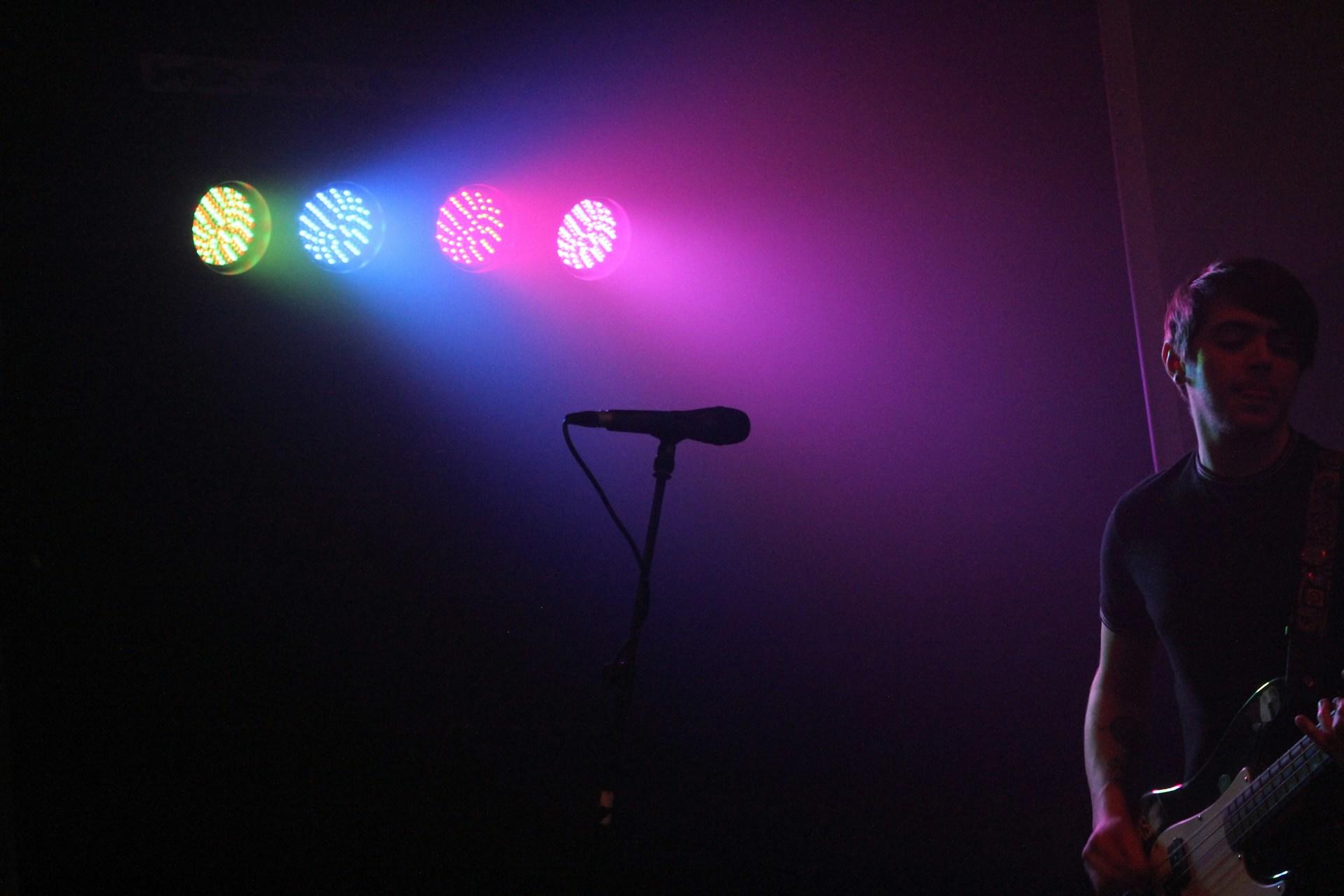
Competition
While Eurovision isn't a sport, the fact that there's a competitive element can make it more interesting than simply watching the performances.
Viewers enjoy seeing points awarded for their country's performers and performances they enjoy or want to win.
The History
While the contest in 1956 looks very different to modern contests, the fact that it's been going for so long can make it a tradition for friends and families.
Some families won't miss it, and generations of people grew up watching Eurovision, with the event having a special place on their calendars.
The Community
Shared interests bring people together, and being passionate about and enjoying Eurovision can bring people together.
Eurovision fans find other Eurovision fans, which gives them something to share and enjoy together, and it's very common for people to organise parties and evenings.
Even European businesses and venues are in on it and will host events for people to watch the event!
Summarise with AI:

















